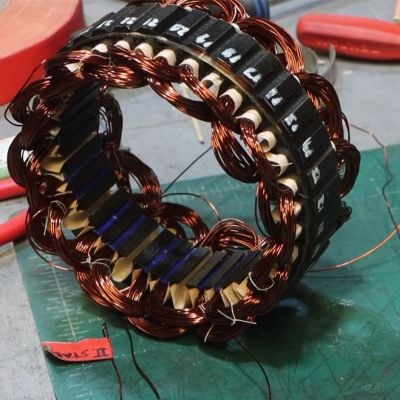If you purchased an E-mu Audity 2000 ROMpler back in 1998, you almost certainly got a rig with the 1.00 firmware. It was fine, if a little limited, particularly where upgradability was concerned. E-mu would later offer firmware upgrades over MIDI with the 2.00 firmware, but to get the 2.00 firmware, you needed to ship the box back to E-mu. Or you did… until now.
Realizing that E-mu is long gone and they weren’t going to handle any further firmware upgrades, [Ray Bellis] set about finding another way to help aggrieved operators with gear stuck on v1.00. [Ray] had managed to lay hands on a Audity 2000 service manual as well as the official 2.00 upgrade kit in an estate sale, and set about reverse engineering it to help the community. It turned out that upgrading from 1.00 to 2.00 required the use of a special boot ROM and a flash device containing the upgraded firmware image. Booting from the special ROM required the use of a jumper, and when engaged, the ROM would copy the updated image to the device itself.
[Ray] didn’t want to duplicate the standard upgrade device, as that seemed a little difficult what with parts availability in 2026. Instead, he crafted his own ROM that, with compression, contained the necessary firmware upgrade image and could all be stuffed inside a single 512 KB chip. All you need to do is flash the custom upgrade ROM to an AM29F040B PLCC32 NOR flash chip, pop it in the empty PLCC32 socket on the mainboard, and away you go. This will get you a machine upgraded to the final v2.01 firmware delivered by E-mu before its demise.
It’s a finicky bit of work, but it’s a great way to get new functionality out of an old Audity 2000. We’ve featured similar work before regarding aging Yamaha synths, too. If you’ve got your own backdoor methods for giving older music hardware a new lease on life, don’t hesitate to notify the tipsline.


















